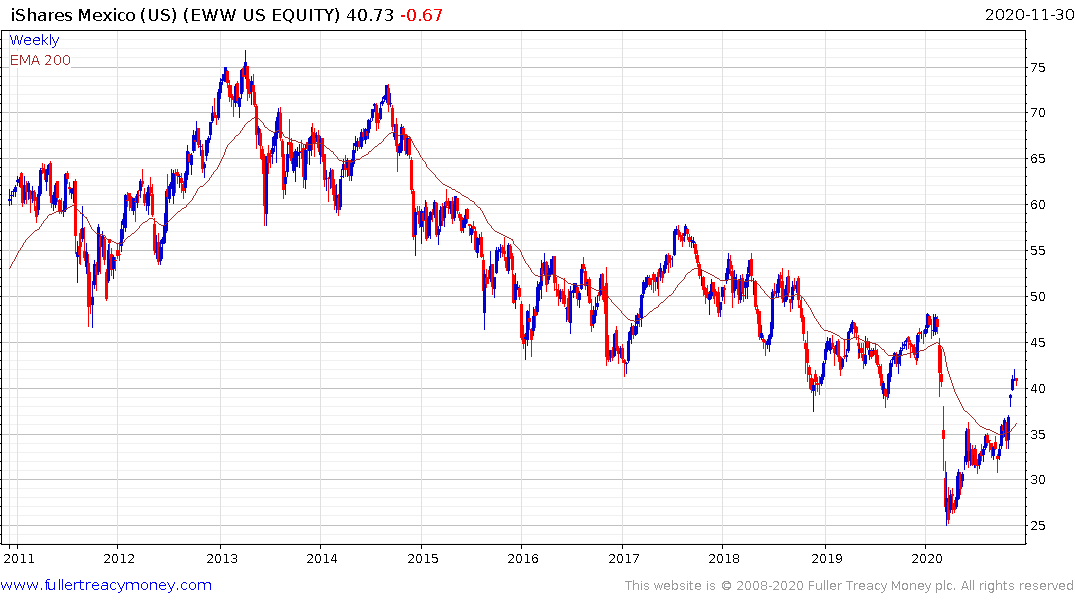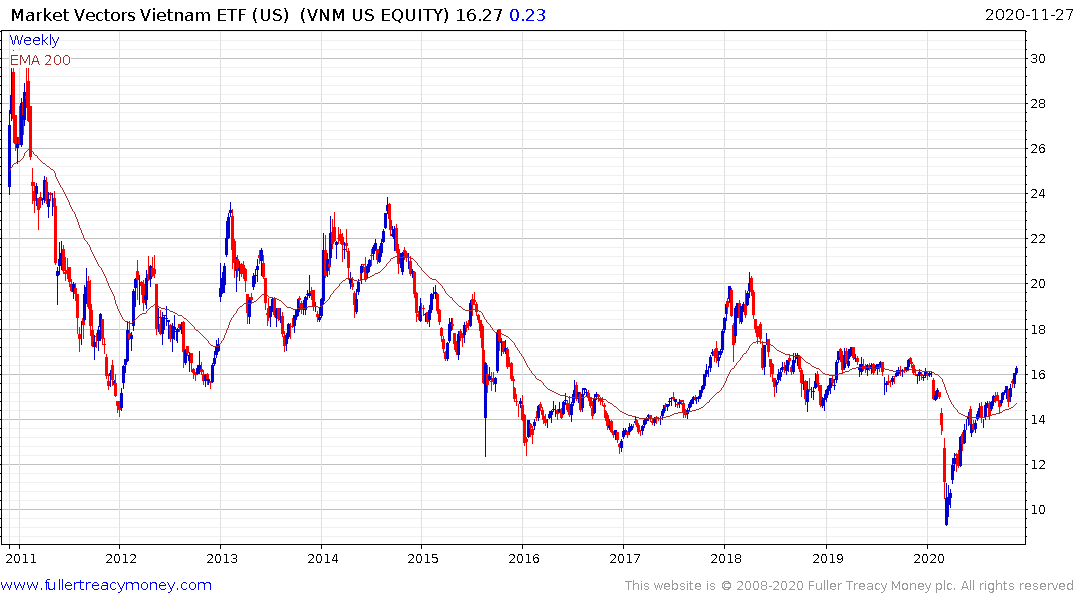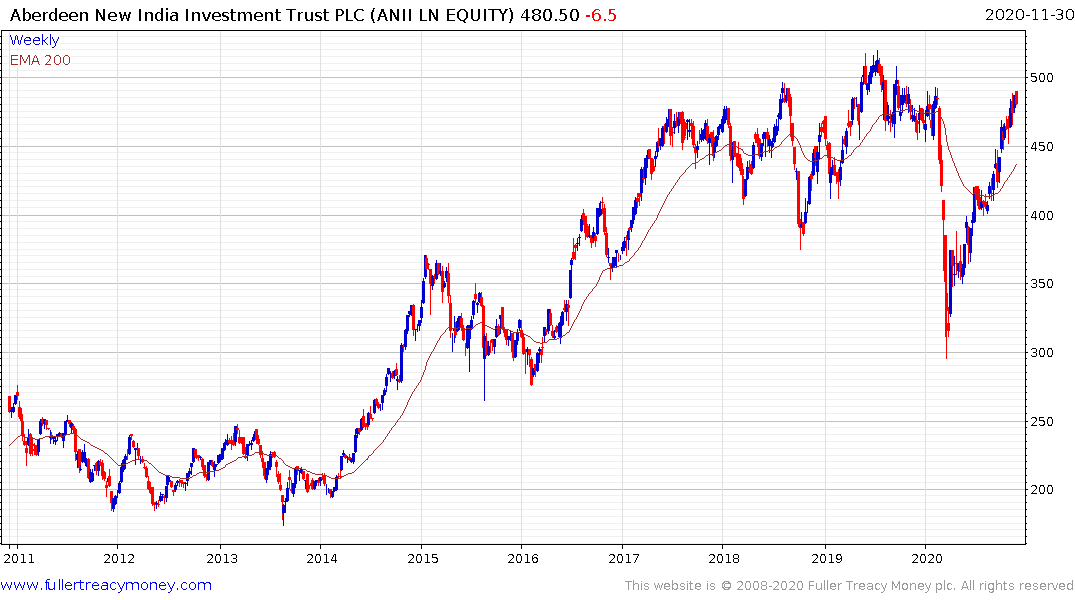Will globalization survive COVID-19?
This report from UBS may be of interest to subscribers. Here is a section:
Here is a link to the full report.
The COVID-19 pandemic created two types of shocks to our global supply chains, which highlighted the unpreparedness of corporates and governments, and which we believe will have a lasting impact. The initial supply shock caused by the coronavirus outbreak in China forced companies in the West to reorient their supply chains to domestic markets or alternative locations. However, the subsequent demand crisis reduced the need for some products, e.g., cars, but massively increased the need for others, such as medical equipment.
In the case of health care, the West’s dependence on Chinese generic drugs visible over recent months is requiring the leading pharmaceutical firms to transfer production to safer locations. In the case of car manufacturing, the disruption in the global supply of components, together with a significant reduction in car demand because of permanent changes in mobility, is going to have profound implications on the structure of the industry.
Will global supply chains return to normal after a few years of uncertainty and turmoil? Yes and no. The dependence of the West on (primarily) Asian cheaper supplies may not radically change the need for some companies to outsource production to emerging markets. But for some industries, the transformation that the crisis has imposed is likely irreversible, requiring the development of more domestic markets where bilateral trade treaties are going to be more important than global multilateral agreements such as the WTO. However, certain frozen international supply chains might not be reactivated or could be shorted as corporates manage the risk of future pandemics or any other global severe event. Finally, if the drastic government measures taken after the GFC can serve as an example, the political review of the COVID-19 crisis might take years and could yield significant additional measures to make supply chains more resilient and to make countries less dependent on essential goods produced abroad (think antibiotics and protective equipment).
If reflation is the new buzzword for governments, resilience is what companies are focusing on. Many were caught flat-footed by the pandemic and they will now actively transition to greater diversity of suppliers, holding more inventory and nearshoring manufacturing capacity.



Mexico is a primary beneficiary of nearshoring for the USA while Vietnam will also be a primary beneficiary. India is increasingly expressing ambivalence to any Chinese attempt to gain a foothold in its digital economy which suggests the trend of nearshoring and resilience will be multi-faceted.
The move away from just-in-time with a global supply chain implies holding more inventory or cutting shipping times. The primary upshot of the pandemic may be to usher in a de facto multi-polar world.
Back to top

